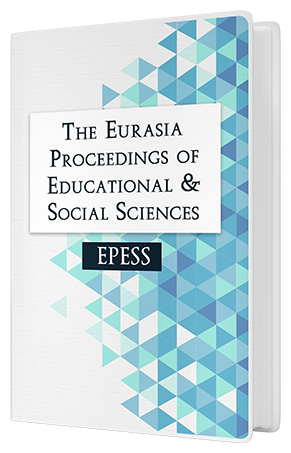Impact of Vocabulary Learning Strategies on Gender Based ESL Learners
Keywords:
ESL learners, Investigation, VocabularyAbstract
The wide spectrum of English language compels the readers to find out the exact crux of the language itself. English has won the status of international language. It has become a dire need of this age. English language is comparatively difficult due to its pronunciation, sentence structure, and vocabulary level from local languages in Pakistan. Vocabulary is the utmost aspect of learning second language. It is the essence and soul of language. Language acquisition is not possible without vocabulary. The language process depends on learning vocabulary. So the current paper investigates the impact of vocabulary learning strategies for the ESL learners. It was an experimental type of research. One hundred students of Grade-9 in the academic year 2019-20 from Govt.S.D. High School Bahawalpur and Workers Welfare High School (Girls) Bahawalpur participated in this study in both experimental and control groups. The data was collected through test and questionnaire. The study results explored that the students who were taught by the ESL learning techniques performed better as compared with the students in traditional vocabulary learning method. Female students performed better in experimental group. ESL male learners used group association learning technique at priority and ESL female learners used visual and auditory learning at their priority. Based on the findings, the researchers recommend that English language teachers should use vocabulary learning strategies for teaching English in general and for the ESL learners in particular.Downloads
Published
Issue
Section
License
Copyright (c) 2020 The Eurasia Proceedings of Educational and Social Sciences

This work is licensed under a Creative Commons Attribution-NonCommercial-ShareAlike 4.0 International License.
The articles may be used for research, teaching, and private study purposes. Any substantial or systematic reproduction, redistribution, reselling, loan, sub-licensing, systematic supply, or distribution in any form to anyone is expressly forbidden. Authors alone are responsible for the contents of their articles. The journal owns the copyright of the articles. The publisher shall not be liable for any loss, actions, claims, proceedings, demand, or costs or damages whatsoever or howsoever caused arising directly or indirectly in connection with or arising out of the use of the research material. All authors are requested to disclose any actual or potential conflict of interest including any financial, personal or other relationships with other people or organizations regarding the submitted work.




